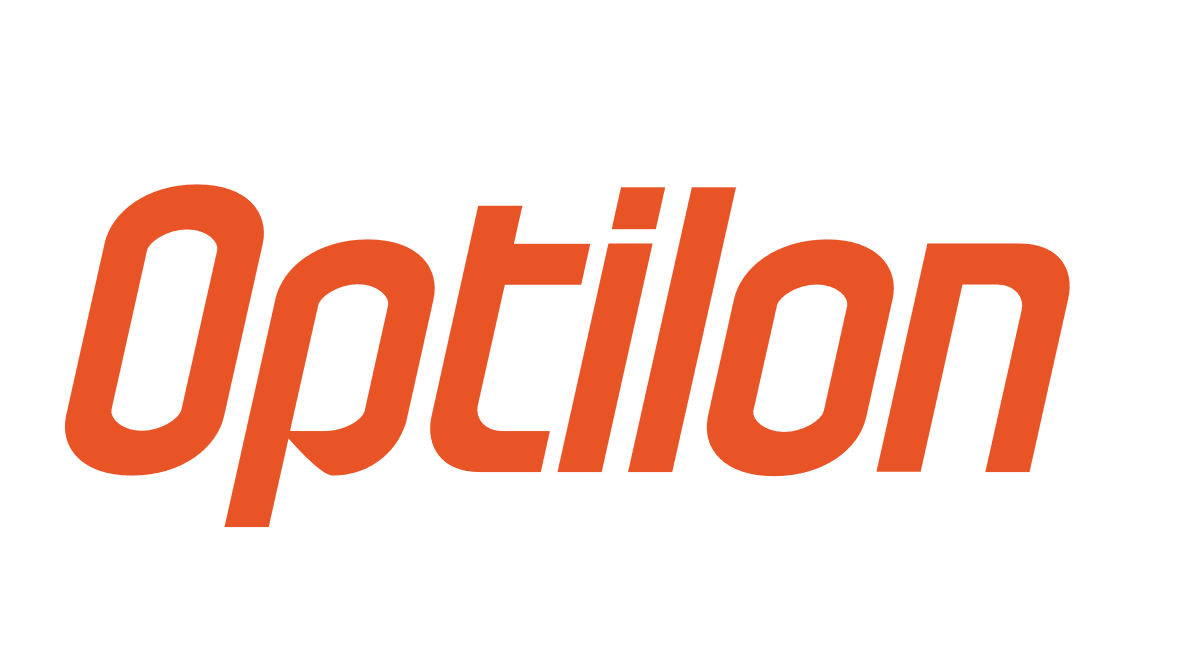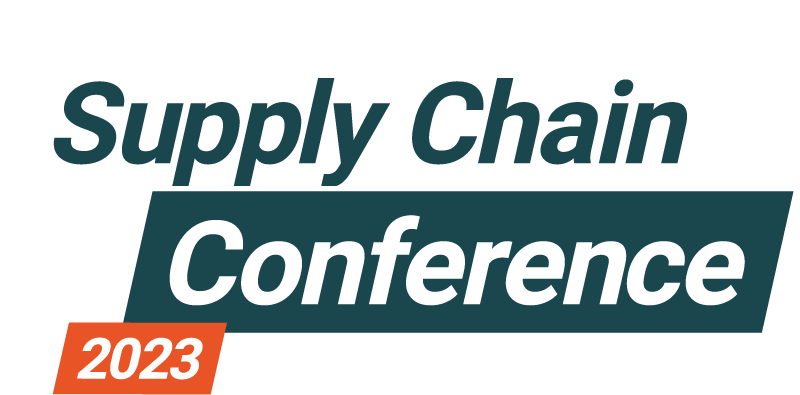Blockchain is not a way station on the road to increased digitalization. It is a paradigm shift in how businesses, customers and partners interact and exchange value. Those who wait until the later phases will be shut out of opportunities to learn, earn value and influence blockchain´s development in the value chain. Blockchain is potentially a disruption of how Supply Chain of the future operates.
Digital advances have enabled businesses to streamline an increase in interactions between customers and value chain partners. Many companies have information-heavy processes that still require multiple entities to exchange private documents. The technologies to do so are un-secure, error-prone and fraud-ridden.
This post will investigate what blockchain is all about and how it can make a difference in the Supply Chain.
What is Supply Chain Blockchain?
For generations, businesses have relied on centralized infrastructures, such as payment systems, insurance, delivery and logistics services, and governments – to execute commercial transactions and manage risk. But these systems were not designed to handle the kinds of machine-to-machine transactions made possible by digital platforms.
Blockchains create decentralized, distributed and digital records of transactions that are anonymous, tamper-proof and unchangeable. This technology establishes trust among unfamiliar or unknown partners by ensuring that every successful transaction is recorded and stored in multiple locations across the entire distributed network.
Complex mechanisms are put in place to validate the accuracy and integrity of transactional information. Finally, in theory, there is no intermediary, although this is not always the case. This greatly eliminates the opportunity for criminal interventions or invalidated transactions.
Blockchain is not a database. Blockchain enables trusted interactions between unknown participants.
How can Blockchain in Supply Chain build the business case?
There are 6 ways that blockchain can support building the business case.
- Business growth
Blockchain allows any individual or commercial entity in the world to safely transact with any other without an intermediary. Enabling expansion of markets. - Digitalizing manual processes
It will provide better tools to manage expensive and opaque processes and enable trade in a broad range of assets that until now could not be effectively represented, priced or traded with existing means. Enabling more efficient information exchange. - Making digital processes both safe and transparent, identity authentication (efficiency)
It will move the world economy away from the slow, expensive, analog-based methods we have relied on since the 19th century to establish identity and legal status in financial transactions. It is a trusted digital environment by combining existing technologies and techniques to form a distributed digital ledger that captures and records the information needed by participants in a network to interact and transact. Simply because it will provide the identity of each participant in the network, without them having to show it to everyone. - Know your customer, leverage customer data to drive sales
Couple the supply chain data end-to-end and utilize it commercially. - Fight counterfeiting
Counterfeiting is a hot topic within blockchain. Many large brands have a need to protect their products from counterfeiting. At the same time, they are yearning for a direct customer relationship instead of via the retailer or ecommerce site. - Visibility/Traceability
Many brands struggle with developing creating a more transparent Supply Chain. Blockchain can help make the transactions in the Supply Chain more visible and traceable by creating a digital twin.
Getting the journey started
Many organizations have not yet focused enough on the type of supply chain decisions or processes that blockchain might enhance.
There is significant experimentation with blockchain across every industry around the world. Corporations that have long relied on centralized systems for control and security are being pushed to accept the concept of decentralization and distributed control that is central to blockchain.
Our advice to you: Experiment, focus on a short term tactical, narrow-scope, deployment. Do that by building a solid proof of concept.
Questions which can help you unlock the business value of Blockchain in Supply Chain:
- How will you unlock the value for your business, now and tomorrow when leveraging blockchain?
- How will you build the internal capabilities needed to build and manage blockchain platforms?
- How will you build the organizational and leadership capabilities needed to engage in this new way?
- Which intractable challenges involving access to, exchange of or sovereignty over data could you address?
- What simple administrative decisions would you leave to an algorithm to make today?
- What would be the priority use cases?
- How will you pursue them – independently, as part of a partnership or as part of a consortium?
- To what extent are you willing to move away from existing governance and operating models?
Alis Sindbjerg Hemmingsen is a Thought Leader at Optilon. She has more than 25 years of experience within the Supply Chain field. Optilon has a long track record helping companies achieve competitive advantages by improving Supply Chain performance. Learn more about Optilon here.
More blog texts about blockchain
Would you like to learn more about Blockchain in Supply Chain?
Please contact Optilon’s Application Board Director Anders Remnebäck on +46 709 379 282 or anders.remneback@optilon.se.


